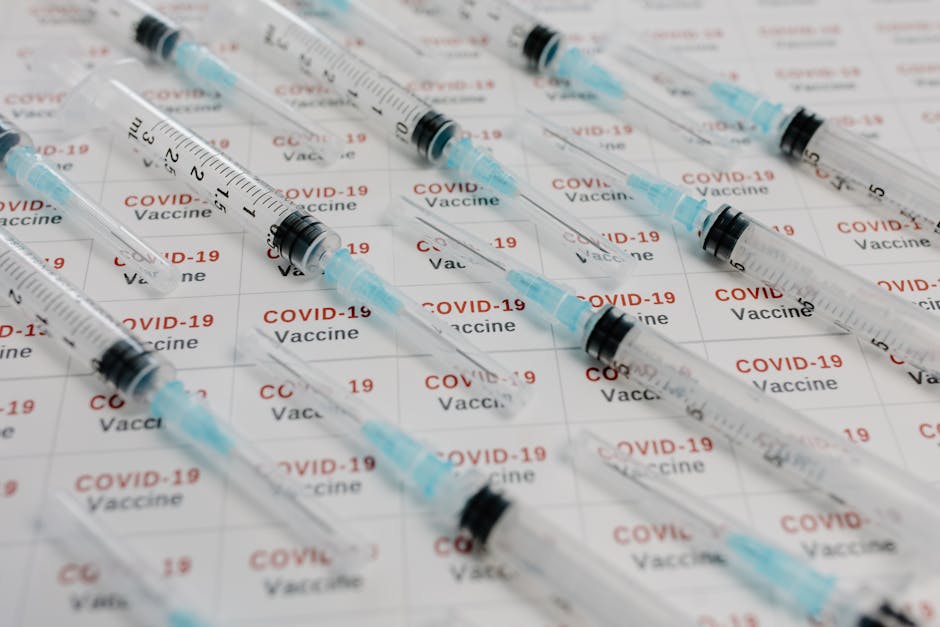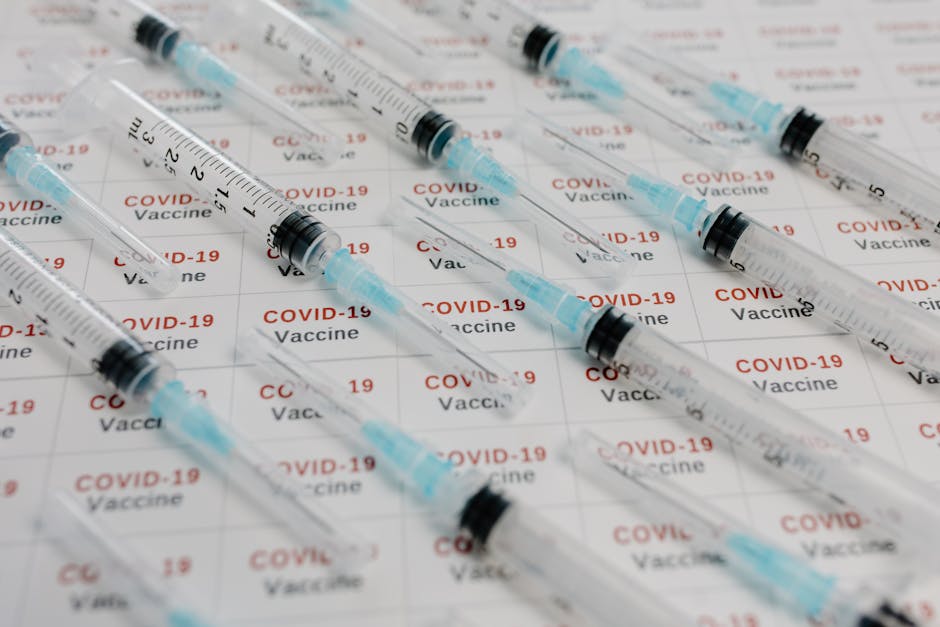COVID-19 Vaccines: A Comprehensive Guide to Types, Efficacy, Safety, and Side Effects
The development and deployment of COVID-19 vaccines represent a monumental achievement in medical science. These vaccines have played a crucial role in mitigating the severity of the pandemic, reducing hospitalizations and deaths, and facilitating a return to normalcy. However, understanding the different types of vaccines, their effectiveness, safety profiles, and potential side effects is crucial for making informed decisions about vaccination.
Types of COVID-19 Vaccines
Several types of COVID-19 vaccines have been developed and authorized for use worldwide. They all aim to trigger an immune response against the SARS-CoV-2 virus, but they achieve this through different mechanisms:
- mRNA Vaccines (e.g., Pfizer-BioNTech, Moderna): These vaccines use messenger RNA (mRNA) to instruct cells to produce a harmless piece of the virus’s spike protein. This triggers an immune response without causing illness.
- Viral Vector Vaccines (e.g., Johnson & Johnson/Janssen, AstraZeneca): These vaccines use a modified, harmless virus (the vector) to deliver genetic material encoding the spike protein into cells. This also induces an immune response.
- Protein Subunit Vaccines (e.g., Novavax): These vaccines use only the spike protein of the virus, produced in a lab. This is a safer approach as it doesn’t contain any viral genetic material.
- Inactivated Vaccines (e.g., Sinovac, Sinopharm): These vaccines use an inactivated (killed) form of the virus. While effective, they generally require multiple doses.
Efficacy of COVID-19 Vaccines
The efficacy of COVID-19 vaccines varies depending on several factors, including the vaccine type, the variant of the virus, and the individual’s immune system. Clinical trials have shown high efficacy rates in preventing severe illness, hospitalization, and death. However, vaccine efficacy against infection may wane over time, highlighting the importance of booster shots.
It’s crucial to understand that even with high efficacy rates, vaccines are not 100% effective. Some vaccinated individuals can still contract COVID-19, but typically experience milder symptoms.
Factors Affecting Vaccine Efficacy:
- Vaccine Type: Different vaccine types have varying levels of efficacy.
- Virus Variant: Emerging variants can reduce the effectiveness of some vaccines.
- Individual Immunity: Factors like age and pre-existing health conditions can affect an individual’s immune response.
- Time Since Vaccination: Vaccine protection can wane over time.
Safety and Side Effects of COVID-19 Vaccines
COVID-19 vaccines have undergone rigorous testing and monitoring. While generally safe and effective, like any medical intervention, they can cause side effects. Most side effects are mild and temporary, such as:
- Pain, redness, or swelling at the injection site
- Fatigue
- Headache
- Muscle aches
- Chills
- Fever
More serious side effects are rare but possible. These can include allergic reactions, myocarditis (inflammation of the heart muscle), and pericarditis (inflammation of the lining around the heart). Individuals with a history of allergic reactions should consult their healthcare provider before receiving a vaccine.

Comprehensive safety monitoring continues after vaccine authorization to detect and address any rare adverse events.

Long-Term Effects of COVID-19 Vaccines
Extensive research is ongoing to evaluate the long-term effects of COVID-19 vaccines. Currently, no significant long-term side effects have been identified in large-scale studies. However, long-term monitoring is crucial to ensure ongoing safety and efficacy.
Booster Shots and Vaccine Updates
Booster shots are often recommended to enhance and prolong the protection provided by initial vaccine doses, particularly as new variants emerge. These booster shots help maintain high levels of immunity and reduce the risk of severe illness.
Vaccine formulations are also updated to match circulating variants, ensuring optimal protection against the evolving virus.
Making Informed Decisions About COVID-19 Vaccination
Making informed decisions about vaccination requires considering the risks and benefits in the context of your individual health situation and the current epidemiological landscape. Consulting your healthcare provider is crucial for personalized advice.
Reliable information sources, such as the World Health Organization (WHO) and the Centers for Disease Control and Prevention (CDC), should be consulted to access accurate and up-to-date information about COVID-19 vaccines.

Conclusion
COVID-19 vaccines have been instrumental in combating the pandemic. Understanding their different types, efficacy, safety profiles, and potential side effects is vital for informed decision-making. While rare adverse events can occur, the benefits of vaccination in preventing severe illness, hospitalization, and death significantly outweigh the risks for the vast majority of individuals.

